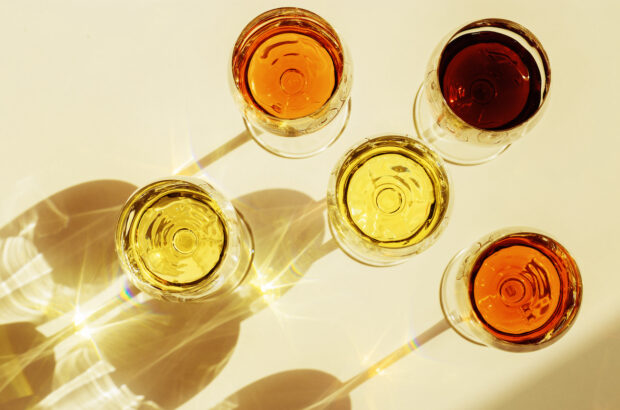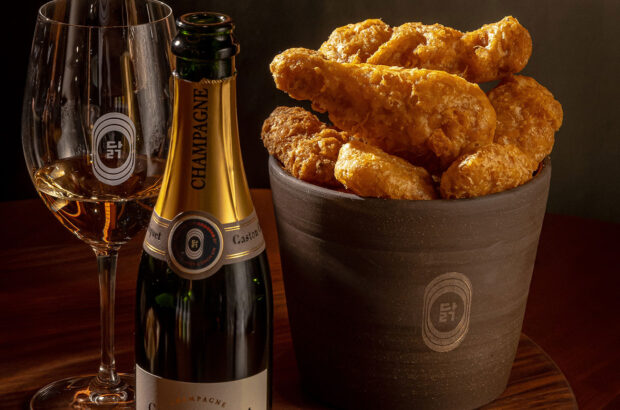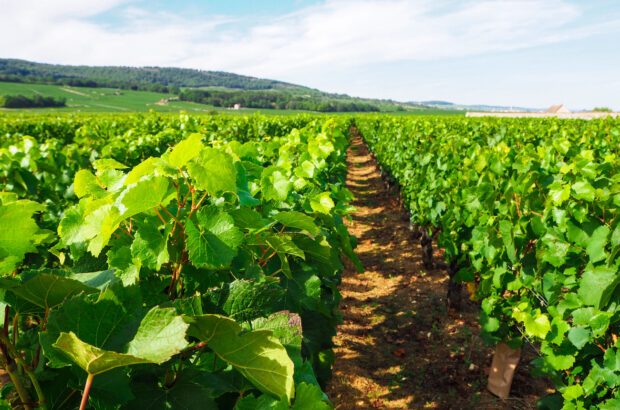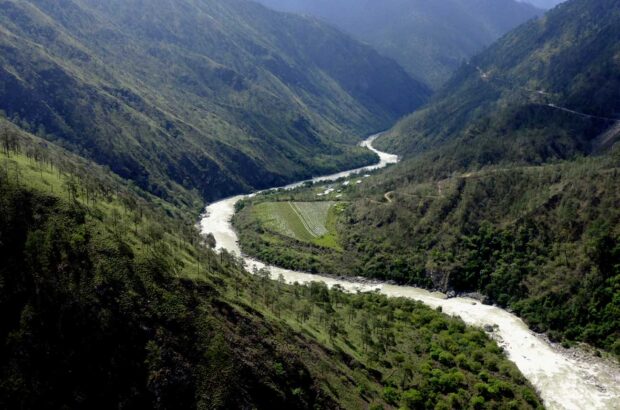A new study says that climate change will ‘threaten productivity’ in English winemaking, as weather conditions become more variable.
The study from the University of East Anglia examined relationships between temperature, rainfall, extreme weather events and yield in key UK winemaking regions.
Whilst increasing temperatures have been seen as a benefit to the growing English wine industry, the study suggests that yields can vary significantly and a move to Champagne grape varieties has made this trend more pronounced.
Lead researcher Alistair Nesbitt, from UEA’s School of Enviornmental Sciences, said, ‘Producers recognised the contribution of climate change to the sector’s recent growth, but also expressed concerns about threats posed by changing conditions.’
Nesbitt says that these changing conditions include short term weather events such as cold snaps, sharp frosts, and downpours that ‘will continue to threaten productivity.’
‘We found that while average temperatures over the growing season have been above a key minimum threshold for ‘cool-climate’ viticulture for two decades, wine yields vary considerably.’
Wet and cold weather in flowering months and poor weather in summer months result in particularly low-yielding vintages, such as the washout year in 2012.
Move to Champagne grape varieties
The study also suggests that the shift in dominant grape varieties has made the industry more vulnerable to weather changes.
Chardonnay and Pinot Noir grapes – often grown to produce English sparkling wine in the style of Champagne – are more susceptible to changes in the climate than traditional UK varieties.
Whilst current temperatures in the UK are reaching those of Champagne in the 1970s, the yields are much lower by comparison, around 2,100 litres per hectare compared to at least 10,000 in Champagne.
In Decanter’s 2015 winemaker survey, 58% of winemakers globally said they felt the effect of climate change and it ‘had been a challenge to manage.’







